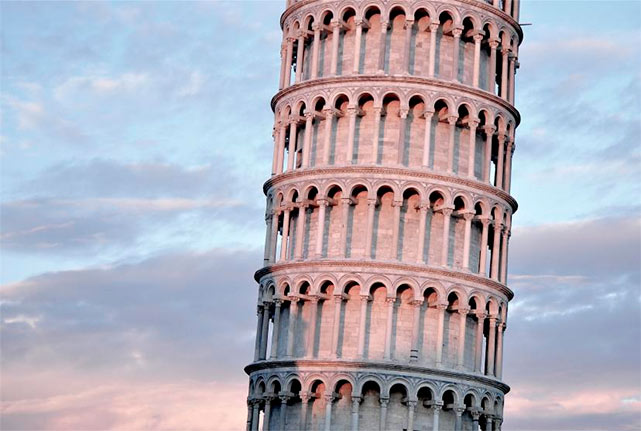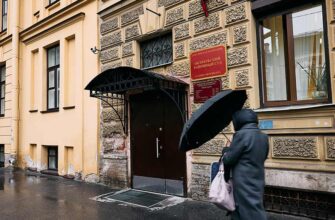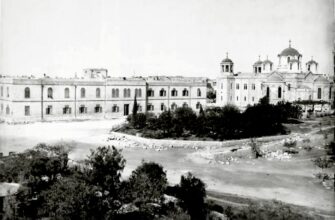According to well-known Italian economists, the reform by which the government tried to correct the deteriorating economic situation, have not brought the expected results, since in most cases they were superficial, contradictory and did not have developed and studied economic strategy, often based on older models. In order to really change the situation, fundamental changes in culture, politics and management system are necessary.
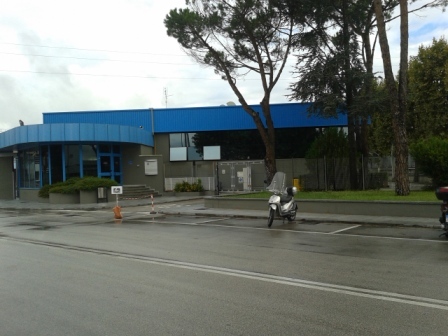
Government of Renzi announced the abolition of tax on real estate (“the first house”) , presenting it as a measure aimed to alleviation of the tax burden of the population, but many economists consider that it will not bring the desired result of consumption growth, and almost inevitably lead to a reduction in the number of services (partial payment of kindergarten, subsidized transport tickets for the poor men etc.), which are financed by local municipalities for the most part by a tax on real estate.
Statistics data on the results of 7 months of 2015 have been announced. In particular, the overall unemployment rate in Italy in July was 12 % (-0.5 % compared to June 2015). Although Prime Minister Renzi represents it as a “light at the end of the tunnel ” and the “long-awaited recovery of the Italian economy,” more realistically minded experts understand that it is far from enough for optimism, especially since the youth unemployment rate is 44.2 % (the highest level since World War II) and the relation between emigrants and immigrants were 154’000 to 92’000 persons. Growth of GDP was +0.3%, but it is largely due to a decrease in gasoline prices and strengthening of dollar against euro than to the improvement of the state of the Italian economy.
As we know, small and medium-sized enterprises , which represent more than 80 % of the Italian economy, are the most affected in times of crisis, and many of them, unable to withstand competition with Chinese companies, were forced to stop their activities.
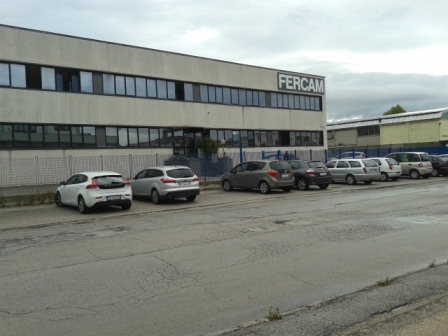
However, there are opposite examples. Company Brunello Cucinelli (Perugia), produces and sells products made of cashmere. The growth of production volume amounted to 10.3 % in 2014; the annual turnover is € 355 mln. What are the secrets of its success? First of all, the quality of products – exclusively Made in Italy. Policy of incentives for employees: profit from the IPO in the amount of € 5 mln in the end of 2012 was distributed among 783 employees. No one was fired, even in times of crisis; the level of workers’ wages is 30% higher than the national average one. In 2014 exports to North America increased by 12.7 %, to Europe – by 8.2 %, in China – by 32.7 %, in other countries – by 15.9 %. More modest growth was recorded on the domestic market (+2.8). The company is also well known because of its sponsorship program in the field of culture and restoration of monuments.
Italy. 21/09/2015, Sources: IlFattoQuotidiano.it , IlFattoQuotidiano.it , Corriere Della Sera , Corriere Della Sera , PerugiaToday
